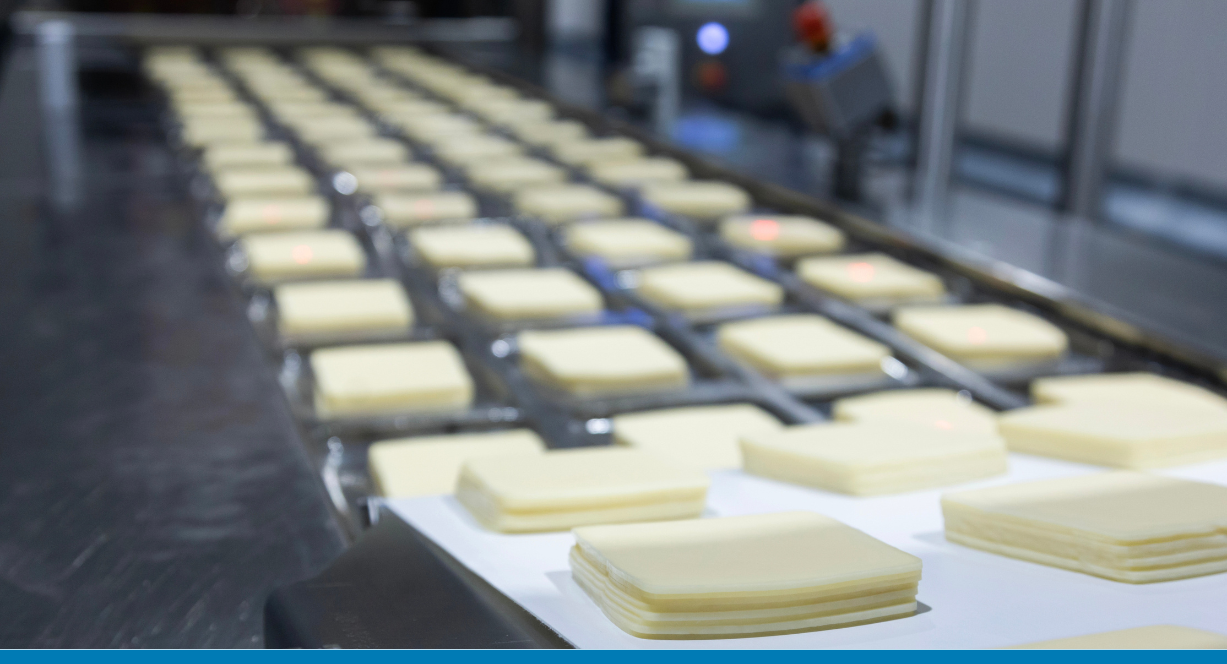How SAP Food and Beverage Solutions Support the Food Industry
SAP Business One[Updated] Discover how SAP Business One empowers the food industry with real-time traceability,...

August 01, 2025
Blog > Navigating Supply Chain Instability With ERP for Food and Beverage
If there’s one thing food and beverage companies can rely on, it’s change.
The economy, customer trends, and technology change. And as we've seen in the past few years, the supply chain changes.
Food and beverage manufacturers and ingredient suppliers burdened with supply chain disruptions and product shortages can’t keep up using archaic processes like entry-level software, spreadsheets, and binders because they aren’t effective inventory management tools—they’re growth inhibitors.
These old-school methods also can’t quickly and clearly show ingredients’ origins, alternate suppliers, and products’ destinations—all critical components of food safety and navigating market disruptions.
In today’s ever-changing and heavily regulated industry, food and beverage business owners must understand lead times, limit wastage, and get products to customers quickly and accurately.
The best way to manage sudden supply chain shifts and optimize inventory management is with a cloud enterprise resource planning (ERP) solution.
Entry-level software like QuickBooks can’t handle the amount of data and transactions food and beverage businesses need to enter. It doesn’t feature robust inventory management capabilities and can’t provide real-time visibility into our complex global supply chain.
Plus, keeping that software up to date is time-consuming and expensive. And when food and beverage business owners spend too much time on workarounds and manual tasks, they don’t have time to investigate why the business is losing money.
A cloud-based ERP solution for food and beverage connects every process and has the modules to effectively run a successful business—including finance, customer relationship management (CRM), sales, purchasing, business partners, inventory, production, service, and reporting.
Instead of multiple manually controlled ledgers, real-time data is stored in a single, centralized location everyone can access on demand.
Customized reports are generated in minutes so food and beverage business owners understand customer buying patterns and how specific products are (or aren’t) selling. And an always-on snapshot of financial and operational performance fuels fast, confident decisions.
Bottom line? By implementing ERP and getting ahead of supply chain fluctuations, food and beverage businesses cut expenses, keep prices low, deliver fast, and drive growth.
Download our free eBook, How Food Manufacturers Can Manage Sudden Supply Chain Shifts, to learn more. Read about businesses like yours that struggled with inefficient processes but are thriving with ERP. Hear from industry experts and explore SAP Business One, an affordable, easy-to-use ERP solution loved by food and beverage businesses worldwide.
Written by Nicole Ghedini
Nicole Ghedini is a marketing specialist at Vision33 with over 25 years of experience in marketing and professional writing. She has authored numerous articles on cloud-based ERP solutions, digital transformation, and AI, contributing valuable insights to Vision33’s thought leadership in the tech industry.
Subscribe to our newsletter to receive our latest blog posts, case studies and ERP news delivered straight to your inbox.
[Updated] Discover how SAP Business One empowers the food industry with real-time traceability,...
Food and beverage manufacturers are digitally transforming by implementing cloud ERP solutions like...
[Updated] Food and beverage manufacturers are moving to cloud ERP to improve inventory management...
Recieve our latest blog posts, case studies, and ERP news
delivered straight to your inbox.